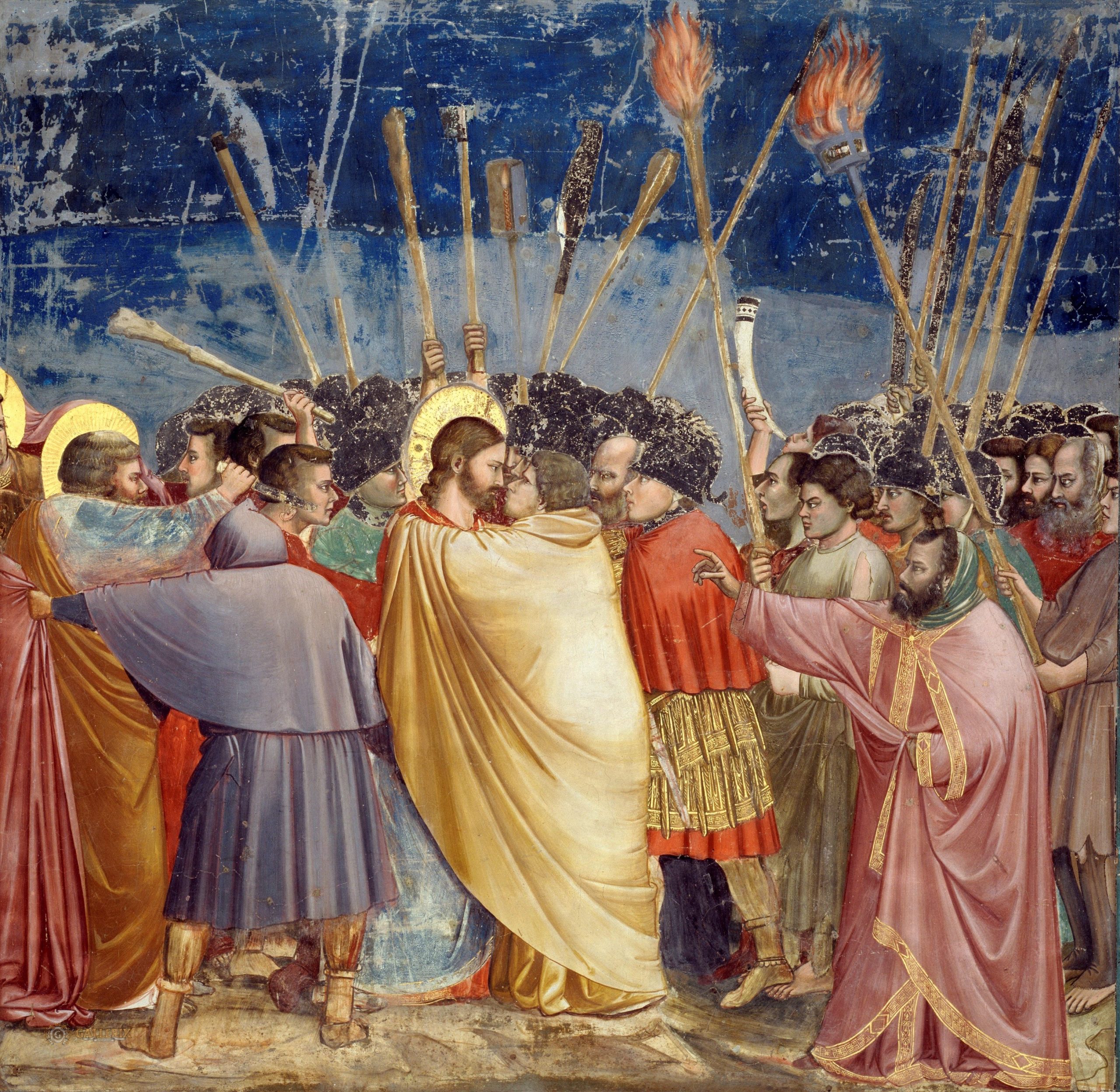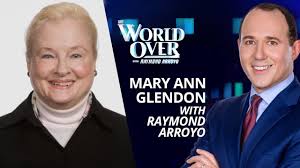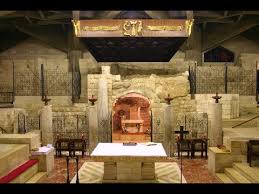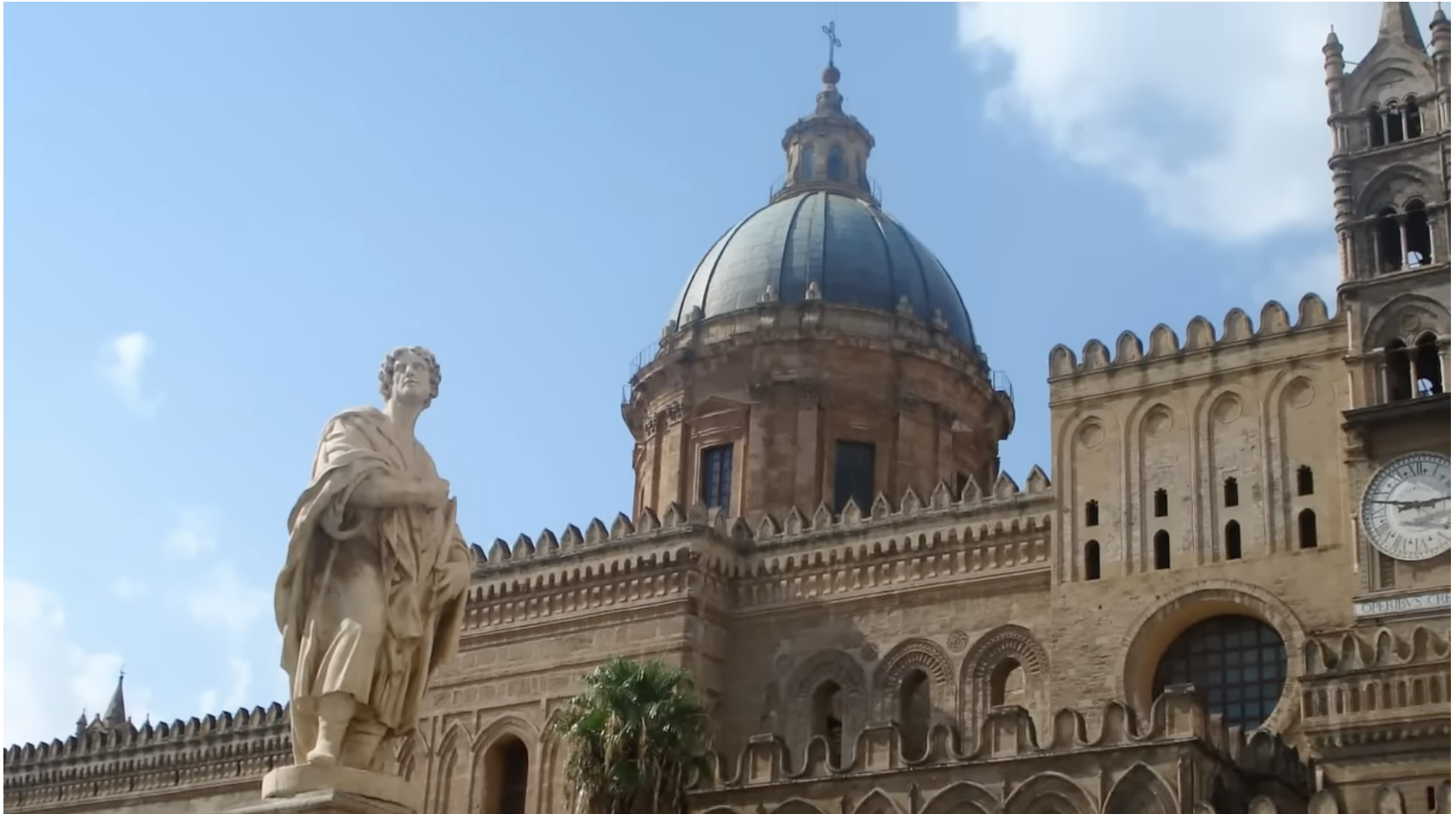That we even have the term “practicing Catholic” is revealing. Despite living in New York for the last forty-four years, I don’t think I have ever heard any Jewish friend be called a “practicing Jew,” although more often Jews here are referred to by more specific adjectives: Orthodox, ultra-Orthodox, Conservative, liberal, Reform, secular. Most often, Jews who attend Sabbath services are “observant,” although I suspect that term may seem odd to the Haredi.
Anyhow, observant may be analogous to practicing.
But I also can’t recall ever hearing anybody describe themselves as a practicing Methodist or Presbyterian or Episcopalian or Lutheran, but, obviously, I haven’t been everywhere or spoken to everybody, so I haven’t heard everything. Still, I haven’t heard that.
To the extent that this is true, it’s because we Catholics know only too well that a whole lot of people who call themselves “Catholic” have very little knowledge of the faith and put very little of what they do know into use. They favor “a woman’s right to choose” and abortion, and they disfavor getting up on a Sunday morning and going to Mass. You could say they’re “out of practice,” the way I am with French and the drums, which were old passions allowed to cool.
As we know, every Sunday is a Holy Day of Obligation, and dwindling attendance at Mass on the Lord’s Day is all you need to know about who’s “practicing” or who’s not. And if you go on any Holy Day of Obligation when it falls on a weekday, you know one of two things: either many “Catholics” don’t grasp the meaning of the word “obligation” or they don’t care.
Some of this may be the (sometimes) admirable American belief that nobody tells us what to do. In this case, of course, it’s abominable.
We also know that there are lousy Catholics who do go to Mass every Sunday and show up at all the other Holy Days too. There are folks who like the esthetics of the Faith and/or the respectability that still adheres to it. But, like President Biden, they spend much of their time outside of church actively working against what the Church teaches, but that doesn’t stop them from parading about on the day after Shrove Tuesday with that smudge upon their foreheads.
For them, Catholicism is like ethnicity is for some: the vague celebration of heritage. Maybe we should begin to speak in such terms: Italian-American, African-American . . . Catholic-American: “The Godfather,” “Roots,” “Going My Way.”
In the suburban town where I live, just above the Bronx, you see lots of cars with Italian flag stickers and a few with the outline of Africa trisected in the red, black, and green of Pan-Africanism. Many of the Italian-Americans have never been to Italy and have lost the Italian language of their great-grandparents, and it seems to me their Italian identity is expressed mostly in a certain kind of haircut. A bad one.
And although I admit to no actual knowledge of the facts, I’m pretty sure most of the black people in the area have never been to Africa, don’t know where in Africa their ancestors came from, and have no knowledge of any African language. They’re not aware that a map of the continent rather ignores Africa’s remarkable diversity and discord.
Most Catholics are like that, and few and far between are the ones who own a Bible or a rosary, let alone a copy of the Catechism of the Catholic Church, or are able to sing in church or want to.
In each case – the Italian-American, the African-American, and the Catholic-American – the problem is assimilation, which is another aspect of American life that’s often admirable – thus the “melting pot” – but is abominable in this case.

Father Paul Scalia wrote here recently that we Catholic Christians should be “Set Apart.” Instead, the temptation
to assimilate to the broader culture is much in evidence today. If Catholics possessed a negative ghetto mentality in the past, we now suffer an almost pathological desire to fit in.
We are scolded; admonished to remember that religion has no place in public life: “KEEP YOUR ROSARIES OFF MY OVARIES!” This and other banalities usually have the “First Amendment” lurking in the background. Most objections to public proclamations of faith in politics and the law are vehement assertions about the “wall of separation,” except that the objectors have the principle backwards: The First Amendment actually guarantees a religious person’s right to seek enshrinement of his religious views in public policy – so long, anyway, as what’s proposed is not blatantly theocratic. Theocracy is unconstitutional. But laws derived in part or wholly from Judeo-Christian ethics are not unconstitutional.
For a Catholic politician (almost always a liberal) to assert that his religious views must not interfere in his or her executive or legislative programs is so manifestly idiotic as to beggar belief, were it not for the fact that we see this idiocy daily on display.
So then, some questions for the President and the Speaker of the House: What is the basis of your support for, say, abortion, except some system of belief? Why do you reject the system of belief (Catholicism) that you so often cite as formative in your personal life? What is the difference between, say, the 2020 Democratic Platform and the Catechism of the Catholic Church? Or, rather, why do you consider one more authoritative than the other? Your actions say you do.
Let me remind you that the basis of Catholic moral theology is natural law, in which the first principle is do good, avoid evil. The Catechism states: “Since the first century the Church has affirmed the moral evil of every procured abortion. This teaching has not changed and remains unchangeable. Direct abortion, that is to say, abortion willed either as an end or a means, is gravely contrary to the moral law.”
What, then, is the source of your disagreement?
*Image: Kiss of Judas by Giotto, 1304-06 [Scrovegni Chapel, Padua, Italy]














